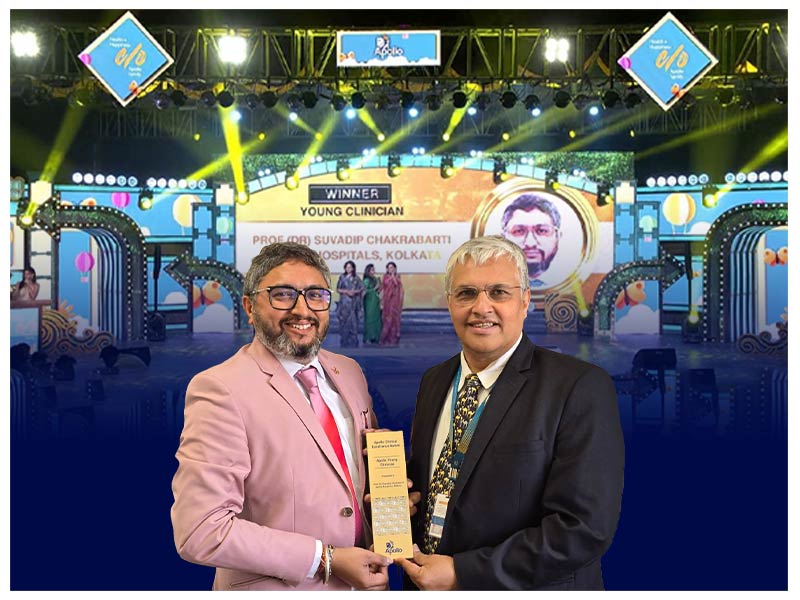Cervical cancer is one of the most common cancers affecting women worldwide. While there are several risk factors associated with it, one primary factor that often goes unnoticed is engaging in sexual activity at an early age. Understanding this connection can help take preventive measures and make the right reproductive health decisions.
Why Does Early Sexual Activity Increase the Risk of Cervical Cancer?
The cervix is the lower part of the uterus, and cervical cancer typically develops due to persistent infection with the Human Papillomavirus (HPV). HPV is a sexually transmitted virus, and certain types of HPV are known to cause cervical cancer.
When someone becomes sexually active at an early age, they are more likely to be exposed to HPV for a longer duration. Additionally, younger individuals’ cells in the cervix are more vulnerable to changes caused by infections. This increased susceptibility can lead to the development of abnormal cells, which may eventually turn cancerous if left untreated.
Role of Multiple Partners and HPV Exposure
Early sexual activity is often linked to an increased risk of having multiple sexual partners over time. The more partners a person has, the higher the risk of exposure to HPV. It’s important to understand that HPV infection doesn’t always result in symptoms, so a person can pass it on without even knowing it.
Using protection, such as condoms, can reduce the risk of HPV transmission, but it does not eliminate it since HPV can affect areas not covered by condoms.
The Importance of Vaccination and Regular Screenings
One of the most effective ways to reduce the risk of cervical cancer is through HPV vaccination. The vaccine is particularly effective when administered before a person becomes sexually active, as it protects against the high-risk HPV strains that cause most cervical cancers.
Regular cervical screenings, such as Pap smears and HPV tests, are also crucial. These tests help detect abnormal cells or HPV infections early, giving healthcare providers a chance to treat or monitor them before they develop into cancer. If you are in Kolkata, consider consulting a cancer specialist in Kolkata for personalized advice on screenings and vaccinations.
Other Risk Factors to Be Aware Of
While early sexual activity is a significant factor, it is not the only one. Other risk factors for cervical cancer include:
- Smoking, which weakens the immune system and makes it harder to fight HPV infections
- A weakened immune system due to conditions like HIV or certain medications
- Long-term use of oral contraceptives
- Giving birth to multiple children has been linked to a higher risk of cervical cancer
A cancer specialist in Kolkata can help assess these risk factors and guide you on preventive measures tailored to your lifestyle and health history.
Preventive Measures to Lower the Risk
Here are some practical steps to lower your risk of cervical cancer:
- Delay the initiation of sexual activity to reduce early exposure to HPV
- Get the HPV vaccine to protect against the high-risk types of the virus
- Use protection during sexual activity to lower the risk of HPV and other sexually transmitted infections
- Go for regular cervical screenings as recommended by your doctor
- Avoid smoking, as it can increase your susceptibility to HPV infections
When to Consult a Specialist
If you have concerns about cervical cancer or want to learn more about preventive measures, consult a trusted cancer specialist in Kolkata. An expert can guide you through screenings, vaccinations, and any necessary follow-ups. Early detection and prevention help to manage the risk of cervical cancer effectively.
Conclusion
Cervical cancer is preventable and treatable if detected early. Understanding the connection between early sexual activity and the risk of cervical cancer can empower you to take proactive steps to protect your health. Staying informed, vaccinating, and attending regular screenings can significantly lower your risk and lead a healthy life.
If you or someone you know is looking for expert guidance, don’t hesitate to reach out to a cancer specialist in Kolkata for personalized care.


